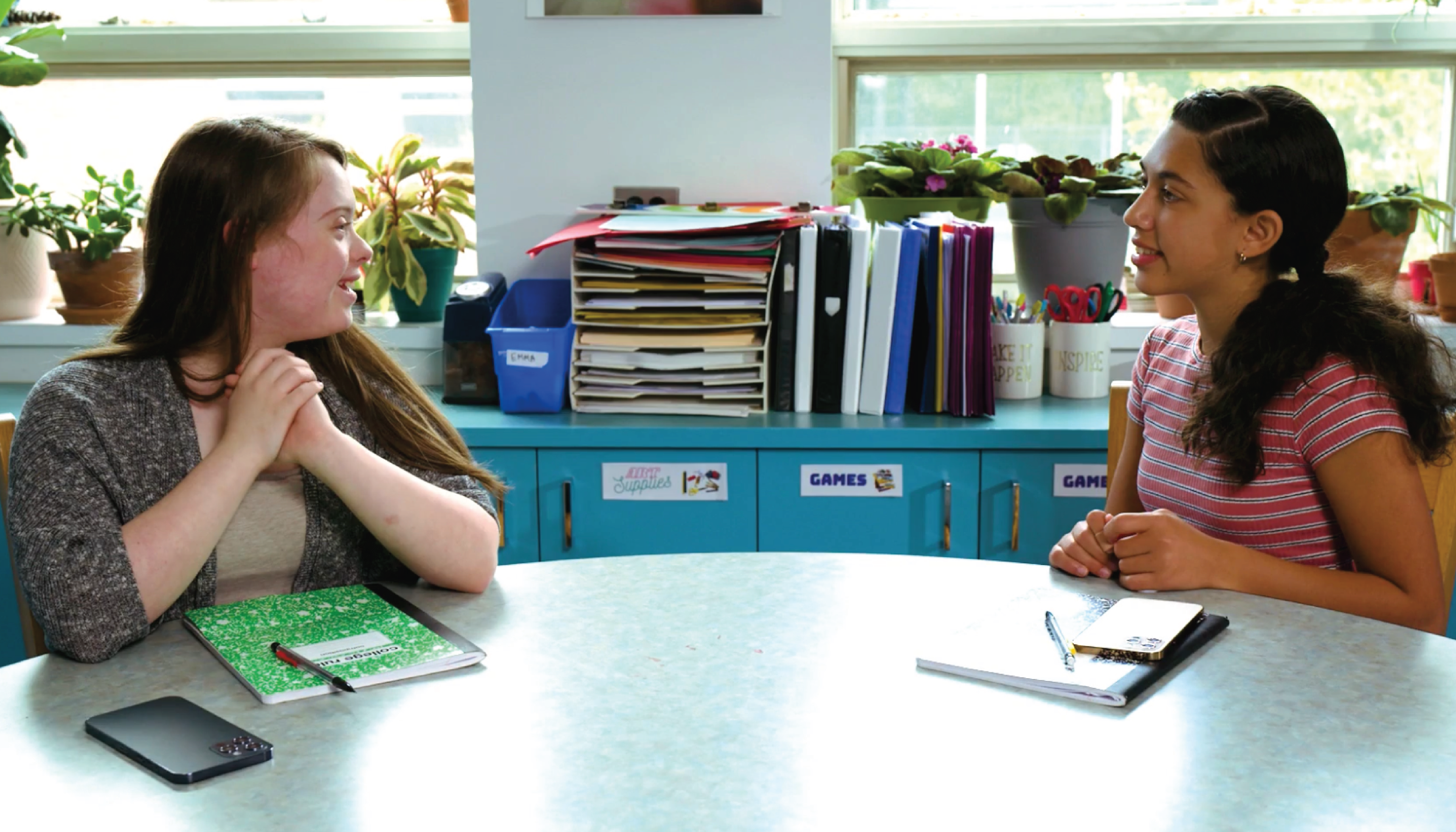Introduction
As learners and humans, we are constantly working to improve ourselves. One skill that can help us work towards our goals and build self-esteem is called metacognition. Metacognition is a fancy word for thinking about your thinking. By developing this skill, we become more aware of our thoughts, actions, and emotions, enabling us to make better decisions and foster personal growth.
No-Prep Activity
This no-preparation activity, called Thoughtful Reflections, can help students practice metacognition:
- Divide students into pairs or small groups.
- Ask each group to think of a recent event or situation they’ve experienced, such as a group project, presentation, or social gathering.
- Have students take turns sharing their chosen event or situation with their partners or group members.
- For each shared event, encourage students to reflect on their thoughts and actions before, during, and after the situation. They should consider questions like:
- What were your expectations going into the situation?
- How did you feel during the event?
- What actions did you take, and why?
- Looking back, what would you do differently?
- After each student has shared their reflections, encourage the group to discuss any insights or common themes they’ve discovered.
Discussion Questions
To further stimulate discussion and reflection on metacognition, consider posing the following questions to your students:
- What are some benefits of practicing metacognition regularly?
- How can metacognition help you in your academic and personal life?
- Can you think of a time when being more aware of your thoughts or emotions would have changed the outcome of a situation? How?
- What strategies can you use to improve your metacognitive skills?
- How can metacognition help you better understand others’ perspectives and emotions?
Related Skills
Metacognition is closely related to several other essential skills for students, including:
- Self-awareness: Recognizing and understanding one’s emotions, strengths, and weaknesses.
- Self-regulation: Managing emotions, thoughts, and behaviors in different situations.
- Mindfulness: Paying attention to the present moment without judgment.
- Problem-solving: Identifying and resolving challenges effectively.
- Resilience: Adapting and recovering from setbacks and adversity.
Next Steps
Teaching metacognition is an essential aspect of Social-Emotional Learning, and it can significantly impact students’ personal and academic success. To explore more activities and resources designed to help educators teach metacognition and other valuable skills, sign up for free samples of skill-building materials at Everyday Speech.






